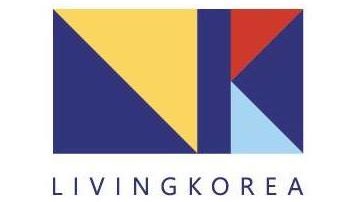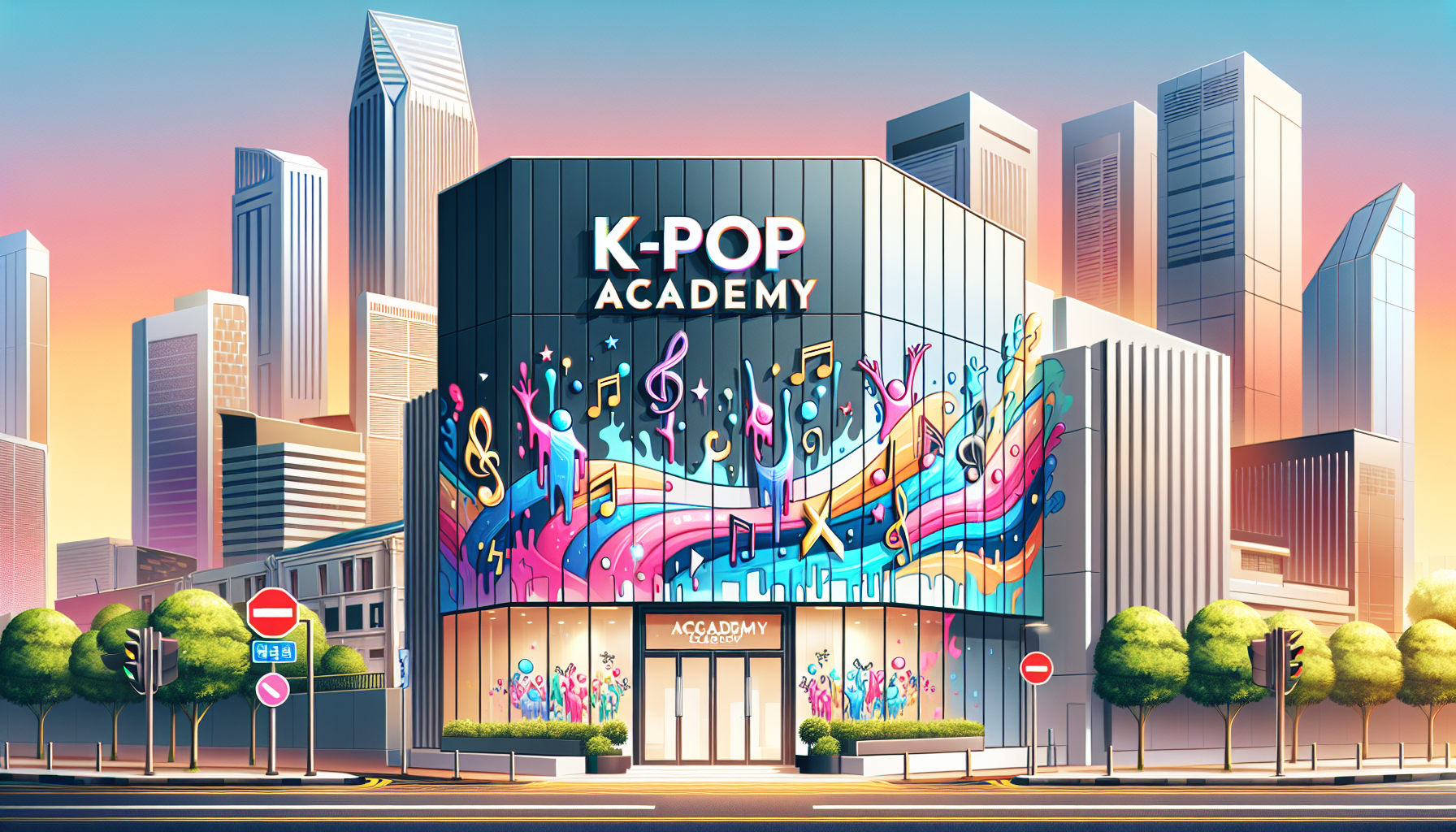SM Entertainment's International Leap: Launching a K-Pop Academy in Singapore
Introduction
Have you ever dreamt of dancing to the beat of K-Pop as a celebrated idol? That dream is inching closer to reality for aspiring idols in Southeast Asia. SM Entertainment, the powerhouse behind global phenomena like Girls' Generation and NCT, has announced the opening of a K-Pop training school in Singapore. But what does this mean for young dreamers and the K-Pop industry? Let's dive into this exciting development that could redefine the global pop culture landscape.
SM Entertainment Ventures into Southeast Asia
SM Entertainment has set its sights on Southeast Asia, a region that's quickly becoming a hotspot for K-Pop enthusiasts. The decision to open a training academy in Singapore is strategic, reflecting the region's burgeoning interest in K-Pop as evidenced by a staggering 423% increase in streaming from 2018 to 2023. This academy is their first major project in Southeast Asia and will provide a unique opportunity for young talents in the region to receive top-notch training closer to home. The school's location at *SCAPE, a dynamic youth hub in the heart of Orchard, positions it perfectly to engage the city's vibrant youth community.
The Comprehensive Idol Training Program
The training school, aptly named SM Universe (Singapore), offers a robust 21-week program designed to groom the next generation of K-Pop stars. At approximately $10,000, the price tag may seem steep, but it covers an all-encompassing curriculum, including dance, music production, stage presence, and vocal training. This investment could be seen as laying the groundwork for a successful career in the global music scene. The academy also recognizes talent by offering scholarships to promising students, potentially covering the entire cost, which can significantly ease the financial burden on families aspiring for their children’s stardom. Imagine receiving such an intensive training regime that not only empowers you with skills but also gives you access to Seoul's renowned music industry.
A Hybrid Education Model
For many parents and potential students, education remains a top priority, and the Singapore academy respects this by offering a training model designed to complement, rather than replace, formal schooling. Different from Seoul's academy, where training can be all-consuming, Singapore’s model allows flexibility. Students can immerse themselves in their schoolwork during regular hours and indulge in pursuing their artist dreams during the after-school programs. For those seeking focused improvement in specific areas, shorter courses from one to four weeks are also available, where students can hone particular skills like vocal techniques or advanced dance moves.
Selective and Diverse Enrollment
The school has announced that its first cohort will be limited to just 50 students, ensuring personalized attention and high-quality training. Admission hinges on an online audition process, opening up this opportunity to a global audience and making the application process accessible and democratic. While most applicants are expected to be between 13 and 18 years old, there isn’t a strict age limit, allowing older aspiring performers to pursue their dreams. The academy is set to open its doors in June, and the anticipation is building. Who will be part of this exclusive first batch? Could the next K-Pop sensation be among them?
Why This Matters to the Global Music Scene
The establishment of the Singapore school is more than just a geographical expansion — it symbolizes the globalization of K-Pop. By nurturing talent outside Korea, SM Entertainment is actively contributing to the diversification of K-Pop, fostering a richer and more varied representation of cultures within the genre. With the rising demand for cultural content across the globe, this step could potentially lead to more international idols joining existing groups or even forming new multicultural groups that appeal to worldwide audiences. For fans, this could mean witnessing the blend of different cultures and styles in their favorite music, making K-Pop a more inclusive genre.
Conclusion
The opening of SM Entertainment's K-Pop academy in Singapore is a significant milestone, promising to transform the landscape of global pop music. Whether you're a die-hard K-Pop fan or someone curious about the industry's impact, there's no denying the excitement surrounding this initiative. Will this move set a precedent for other entertainment giants to follow suit in their quest for global domination? It seems the future of K-Pop is brighter and more global than ever, and we can't wait to see what unfolds next. Are you ready to see how this step will reshape the world music scene?

